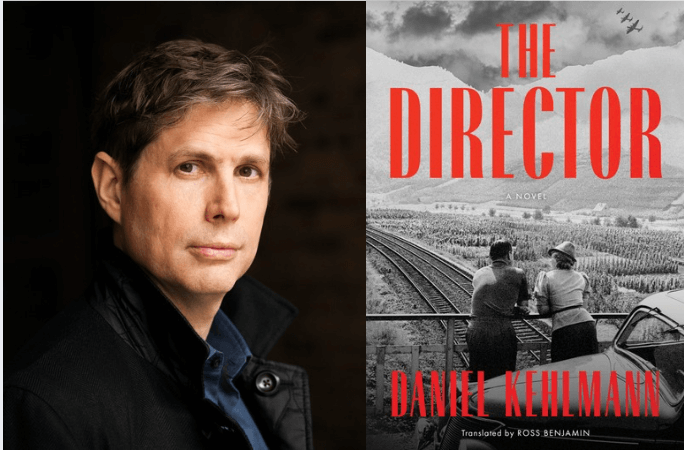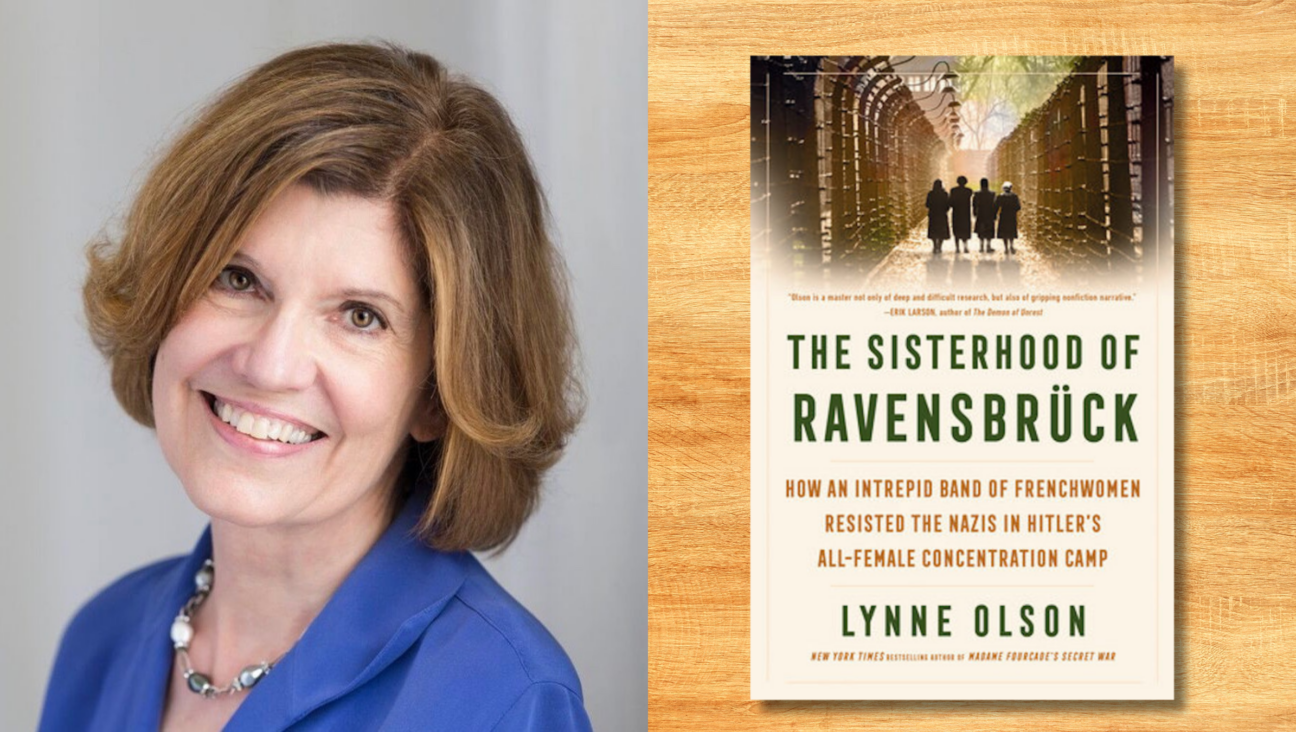The Inefficiency of Writing

Graphic by Angelie Zaslavsky
Karol Nielsen’s memoir “Black Elephants” has just been released. Her posts are being featured this week on The Arty Semite courtesy of the Jewish Book Council and My Jewish Learning’s Author Blog Series. For more information on the series, please visit:

The facts of my story were always clear but the meaning eluded me for years. I took creative writing courses with a gifted, generous man who asked essential questions: Who are the characters? What is the conflict? What are you saying? Now I am a memoir writing instructor at New York University, asking students the same questions. Straightforward but difficult questions when telling a true story.
I finished a draft of “Black Elephants” a few years after the Gulf War, hoping the story itself would show me the answers, but the facts alone weren’t enough. I had to dig deeper, wading through memory, waiting for hard-earned clarity. Even my own character was a mystery to me, until I understood how I was drawn to adventure like my mother’s father, a storyteller and pilot who flew men and cargo over the Himalayas, the camel’s hump, from India to China during World War II. I wanted big adventure like Bobby, action like a new recruit. A simple line that took almost a decade to articulate.
I don’t know an efficient way to become a writer. I only know that through writing you become a writer. For me, that meant writing nights, weekends, vacations while working full-time as a journalist, and then mornings once I became a freelance writer, editor, and writing instructor. I accumulated drafts of the memoir, rewriting long sections by hand, as well as hand-written drafts of a novel, a play, a screenplay, tiny Moleskine notebooks full of poems, and boxes full of leather and suede journals filled with daily musings. I also read poetry, memoir, and fiction by Mary Karr, Tobias Wolff, Tim O’Brien, and others who became exquisite models of storytelling and style.
Along the way, I turned the memoir inside out several times. The first draft was mostly backstory about working as a staff writer for the Buenos Aires Herald in post-“dirty war” Argentina and traveling solo through South America. I showed the manuscript to a mentor who had been in The Best American Short Stories. She said the story began when I met Aviv, an Israeli traveler dreaming about peace on the way to Machu Picchu. The central love story between Aviv and me, moving from Peru to New York to Israel during the Gulf War, was contained in a 70-page nonfiction novella at the end. It was an overwhelming, but accurate observation. So I began again, and again.
I shared the book with mentors, writers, friends, family, and almost anyone who asked, because it was easier to share the manuscript than fumble through words that always seemed to fall short. The book didn’t illuminate my emotional journey, only the surface facts, open for interpretation. There were many. I was better at developing scenes and images than talking about my messy, messy feelings. A terrible struggle, for me, because I was still confused by my own story. How had I gone out for a big adventure and fallen in love only to have everything fall apart during the Gulf War and its aftermath?
Traumatic experiences like war provoke so many emotions, some conscious, many unconscious, pulling at you that it’s easier to leave them all out than pick the right ones. I couldn’t even sort through these feelings properly with a therapist. How could I do it as a writer? As I searched, my half-baked efforts at reflection only muddied the manuscript.
Karol Nielsen’s story will be continued on Wednesday. Her memoir, “Black Elephants,” comes out this week. She has written for The New York Times, New York Newsday, Jane’s Intelligence Review, and the Stamford Advocate. She is a professor of creative writing at New York University.
The Jewish Book Council is a not-for-profit organization devoted to the reading, writing and publishing of Jewish literature. For more Jewish literary blog posts, reviews of Jewish books and book club resources, and to learn about awards and conferences, please visit www.jewishbookcouncil.org.
MyJewishLearning.com is the leading transdenominational website of Jewish information and education. Visit My Jewish Learning for thousands of articles on Judaism, Jewish holidays, Jewish history and more.






















